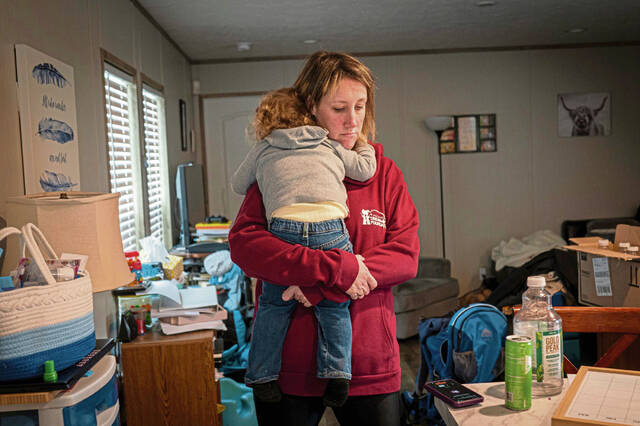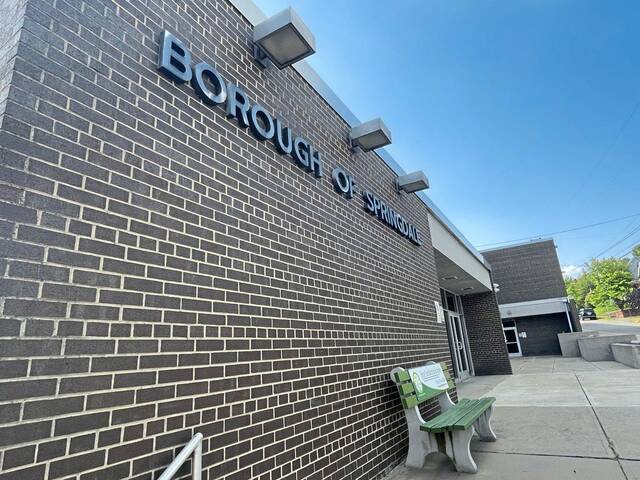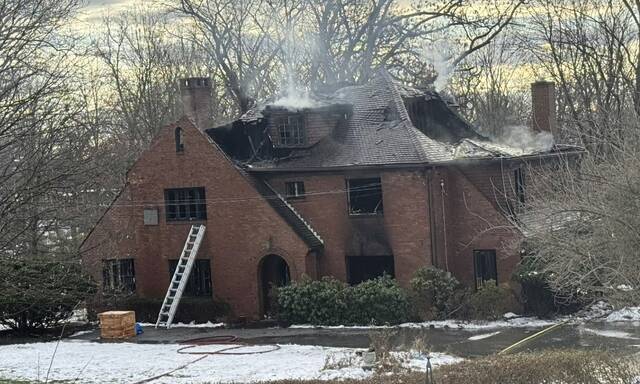In the past decade, Westmoreland County’s 17 school districts incurred more than $115 million in costs to pay for state-mandated programs.
But funding from the commonwealth covered just 54% of those expenses.
Revenue figures recently released by the Westmoreland Intermediate Unit revealed all but one school district in the county — Monessen City — experienced funding deficits to cover costs largely associated with charter school tuition, special education and pension fund reimbursements.
That funding shortfall, according to school administrators, must be covered by taxpayers and, in many cases, means cutbacks to other education programs, equipment or building upgrades and teacher salaries.
“Every dollar the state and federal government doesn’t pay falls on the backs of taxpayers locally,” said Jason Conway, executive director of the Westmoreland Intermediate Unit. “Not properly funding mandates is a dollar out of the classroom.”
Norwin had the largest deficit at more than $6.9 million, followed by Franklin Regional at $6.2 million, Hempfield Area at $5.5 million and Greater Latrobe at $4.9 million, according to statistics Conway released to district officials.
The numbers came as no surprise, school officials said.
“You have to be selective about what you can offer as to what you’d like to offer,” said Matt Jones, superintendent at Jeannette City School District. “Without additional state funding, there will always be a heavy lift on our school boards. In the last year or two, when we look at teacher salaries, it puts us at a disadvantage to offer competitive salaries.”
Jeannette’s deficit associated with the cost of mandated programs was more than $1.3 million.
A large chunk of that shortfall was created by payments the district was required to make to cover tuition payments to cyber and charter schools.
Jones said the district is obligated to pay as much as $26,000 for each student who lives within the boundaries of the school but attends cyber or charter schools.
“Districts are bleeding due to cyber schools,” Jones said.
State Rep. Eric Nelson, R-Hempfield, said that while state funding to school districts has dramatically increased over the past 10 years by $5.9 billion, local administrators and state lawmakers continue to struggle to account for dwindling tax bases that are on the hook to pay mandated programs.
Cyber and charter school tuitions are a large part of those struggles, Nelson conceded.
“Pennsylvania would benefit from cyber-charter school reform. There have been efforts to do that over the years, but they have collapsed under their own weight. Until we are willing to make the necessary changes, we’ll keep spinning our wheels,” Nelson said.
School funding issues have long been a concern, but officials hope a Commonwealth Court ruling issued this year will help ease future shortfalls. Six school districts and parents claimed in a 2014 lawsuit that Pennsylvania’s school funding model was biased against poor communities. Students in those districts received fewer educational opportunities because of funding deficiencies, according to the lawsuit.
The court agreed and ordered state lawmakers to revamp the school funding model to ensure there is an equal disbursement of money among districts across Pennsylvania.
As schools wait for those changes, local districts continue to deal with funding shortfalls.
“We are constantly playing catch up,” said New Kensington-Arnold School District Superintendent Chris Sefcheck. “How do you get ahead when you are constantly trying to make up a deficit? It’s a never-ending cycle.”
The New Kensington-Arnold district incurred a nearly $2.7 million deficit over the past decade in funding for mandated programs. The school board later this month is expected to approve a 1.5-mill property tax increase to help offset the revenue shortfall.
“That will just raise between $150,000 to $165,000. It costs more to replace air handlers in just one of our buildings,” Sefcheck said.
School officials expect to intensify lobbying efforts for additional funding and, through the intermediate unit, has created a committee comprised of local administrators to push for changes to ultimately reduce deficits for mandated programs.
“We have to advocate and educate the citizens about these issues and to explain there isn’t enough money coming in to educate our kids,” Conway said.








